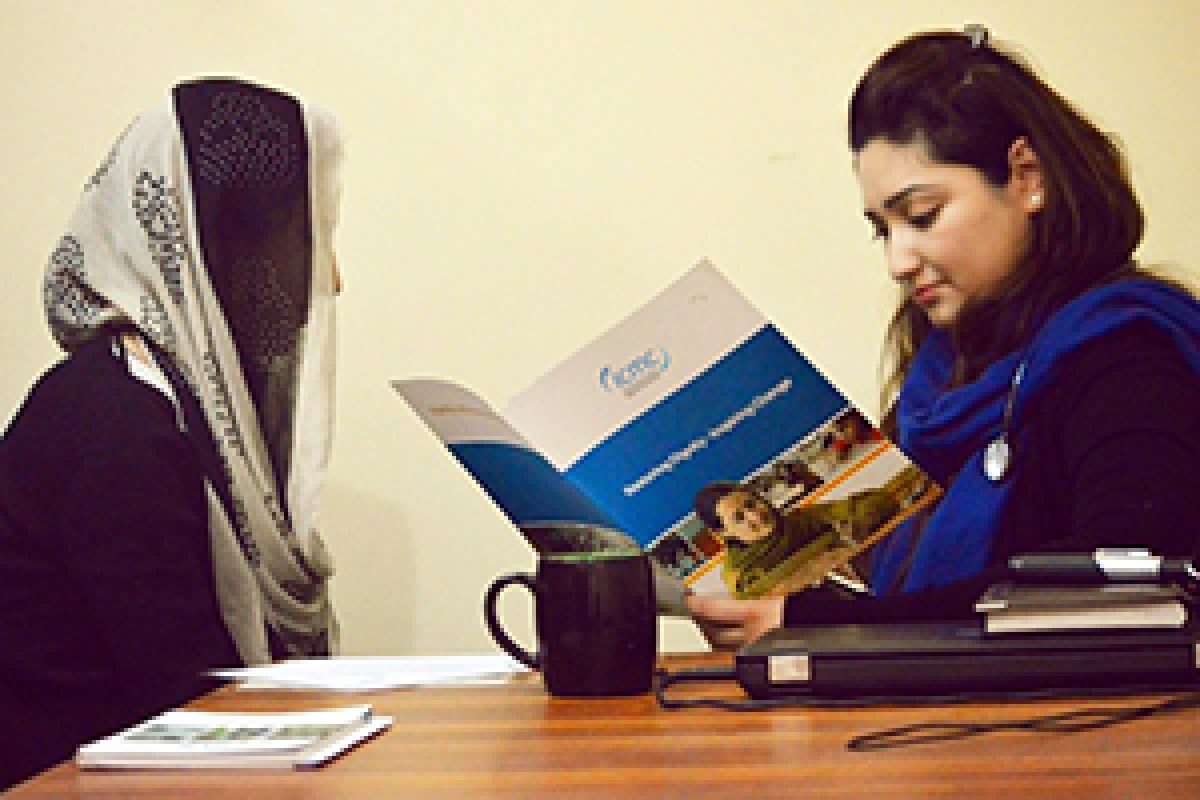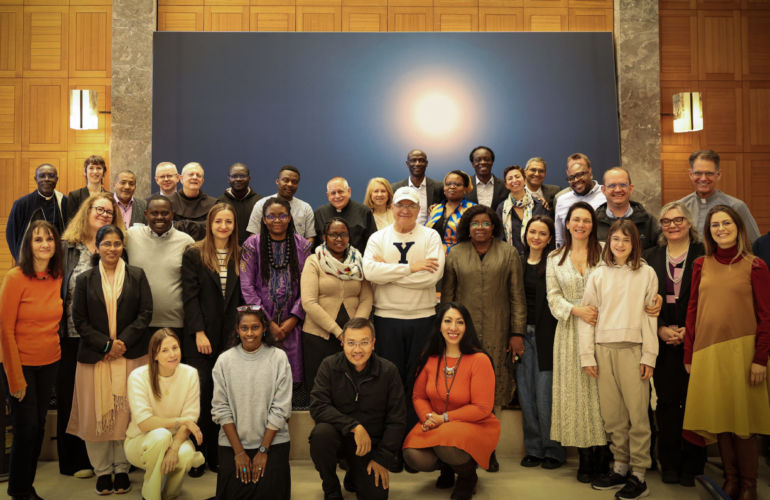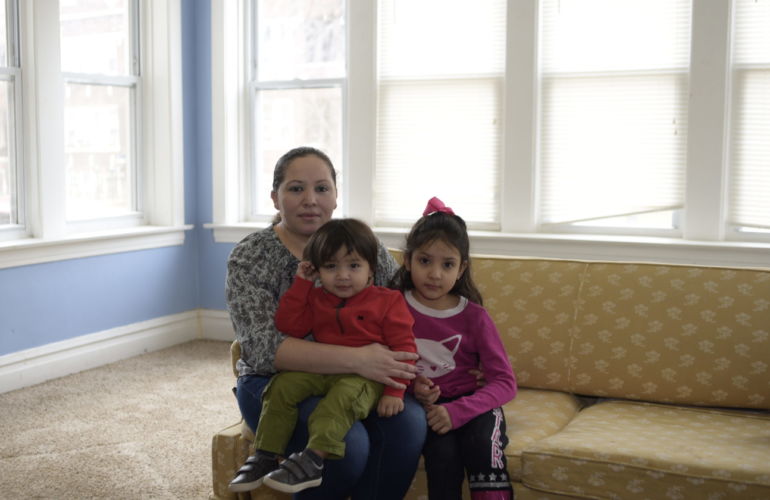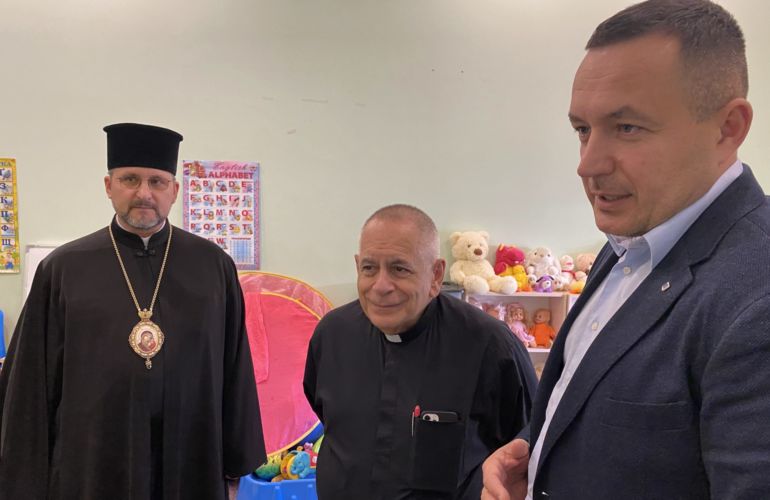After Fighting Between Life and Death, Parisa Can Now Support Her Family Again

On World Health Day, the International Catholic Migration Commission (ICMC) invites you to join its efforts to ensure migrants and refugees have access to appropriate medical care.
ICMC works in different countries to allow vulnerable uprooted people to receive the health treatment they need: in Pakistan, for instance, ICMC provides a number of services (including safe shelter, medical care, and psychosocial support) to refugees who suffered sexual and gender-based violence, just like Parisa*.
Parisa is a 17-year-old girl from Afghanistan, currently living in Rawalpindi, Pakistan. In spite of the physical abuse she used to receive at the hands of her own father, Parisa went to school up until 12th grade and became skilled in embroidery, bracelet making, and crochet. Together with her mother and four siblings, she fled her home country at age 15, escaping not only conflict and persecution but also unbearable domestic violence.
Upon their arrival in Pakistan, Parisa’s family registered as refugees with the United Nations’ Refugee Agency (UNHCR). Having been found in need of humanitarian assistance as vulnerable violence survivors, UNHCR later decided to refer them to ICMC to receive further aid; Parisa and her family were initially accommodated in a safe shelter managed by ICMC. Recalling her first months in the shelter, Parisa admitted that she was “finally feeling at home, really secure”.
Unfortunately, life did not get any easier in Pakistan. In September 2015, Parisa’s health suddenly deteriorated; through the support of ICMC, Parisa was able to see a doctor, who decided to have her admitted to the Pakistan Institute of Medical Sciences hospital for further tests. She was finally diagnosed with Tuberculous meningitis, a grave infection of the tissues covering the brain and spinal cord.
Parisa remained in the hospital, fighting between life and death, for more than a month. “It gives me shivers down my spine when I recall the time I was totally bedridden in the hospital after being diagnosed,” she recalled. “It was the time when I thought I would never survive. I lost part of my memory at the hospital due to my illness but I still remember that ICMC’s staff would come visit me often and I would look forward to that”.
A few months later, Parisa is making great strides. Her therapy is expected to end soon, in view of the significant improvements in her medical condition. She no longer lives in ICMC’s shelter, but often visits the ICMC office and treasures all the key health and hygiene practices she learned about. “All the good things I learned during the health and hygiene awareness sessions led by ICMC’s medical officers have become a permanent part of my life,” she acknowledged.
Today, Parisa works as a beautician. Dreaming of studying to become a doctor and help people in need, Parisa confessed her previous fears of not being able to recover to support her mother and siblings. “Now I am living my life with a new zest,” she said, hopeful for the future.
*The name was changed to protect the identity of the beneficiary.


